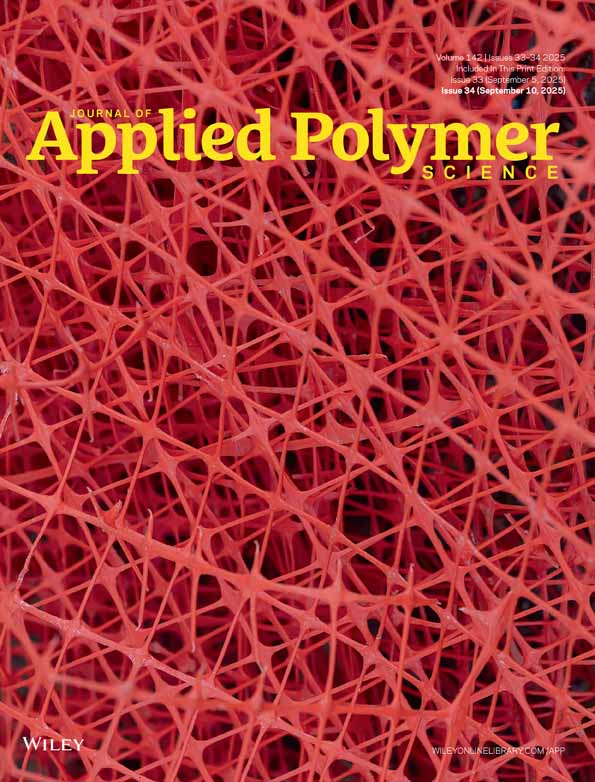Comparison between the effects of alcohols and diols on polymethyl-methacrylate and polyacrylamide with positron annihilation lifetime and electric conductivity measurements
Abstract
Comparison between the effect of alcohols and diols on poly(methylmethacrylate) (PMMA) and polyacrylamide (PAA) was investigated by positron annihilation lifetime (PAL) spectroscopy and electric conductivity measurements. The samples were prepared by adding alcohols, such as ethanol (E), isopropyl alcohol (P), and butyl alcohol (B), and diols, such as ethanediol (E1,2), isoproponendiol (P1,2), and butanediol (B1,2, B1,3, B1,4). The o-Ps lifetime values (τ3) of PMMA–alcohol or PMMA–diol composites are shorter than the τ3 value of the virgin PMMA, whereas the τ3 values of PAA–alcohol or PPA–diol composites fluctuate above and blow the corresponding value of virgin PAA. On the other hand, a significant increased was observed in the o-Ps intensities (I3) of both PMMA and PAA composites with added alcohols and diols compared with pure PMMA and PAA. The electric conductivity (σ) also increased for both PMMA and PAA composites with added alcohols and diols compared with the virgin PMMA or PAA polymer. A correlation was found between positron annihilation lifetime parameters and electric conductivity of PAA composites. © 2003 Wiley Periodicals, Inc. J Appl Polym Sci 88: 3078–3083, 2003




